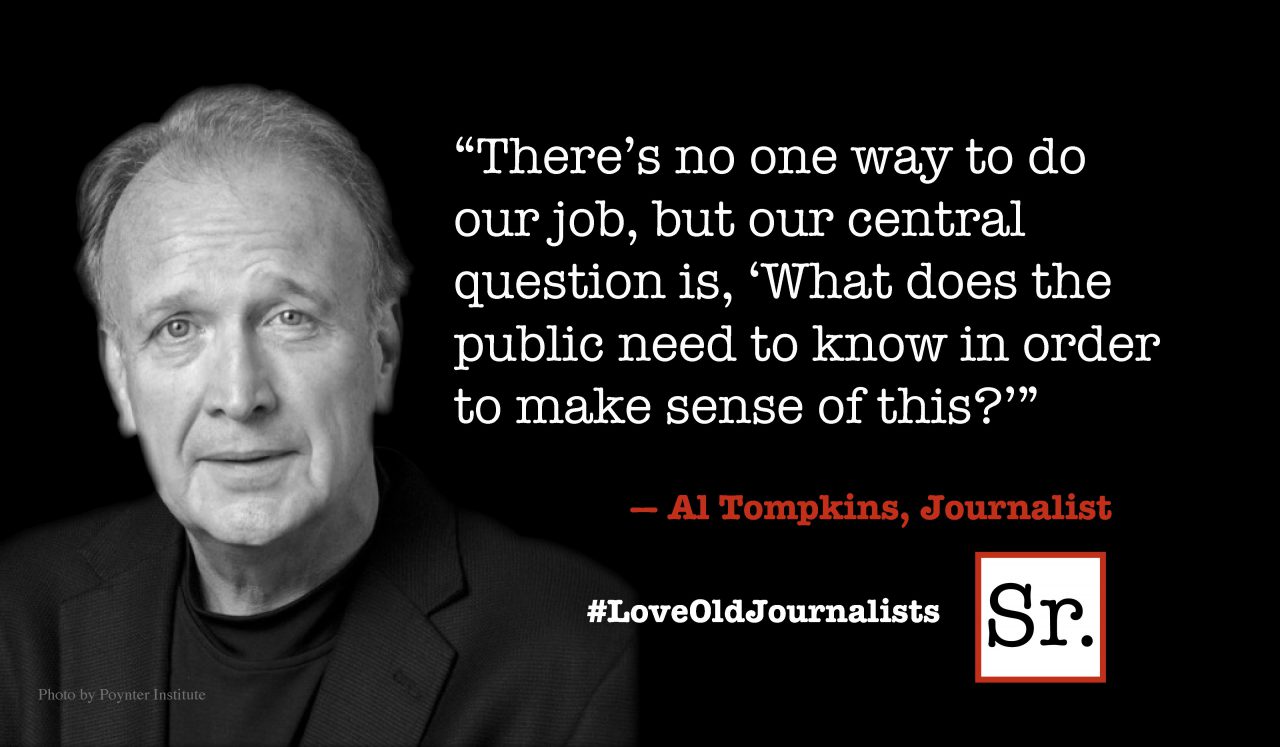I am now, and probably have always been, highly competitive. The part of me hungering to win occasionally pushes me to do whatever is necessary to come out on top.
Set me before a Monopoly board or put me on a squash court, and in 10 minutes you would realize that what I lack in skill and speed I make up in determination. Anytime my name appeared on a political ballot, my opponents would know that I was not a pushover. I would raise more money, knock on more doors and cultivate more campaign workers than any of my political opponents.
I am not always proud of this part of my makeup. On occasions I may have lost sight of what the contest was really about, and I focused only on winning. What did I really win, and how many other persons did I hurt in the process? If confession is good for the soul, here is a peek into one of the dark corners of my life. The goodness may only lie in my willingness to share these shadows.
Nevertheless, there is a much larger part of who I am that honors and respects cooperation and seeks common cause in the pursuit of mutually beneficial results. For me, community is far more important than competition. I only win when we all win, and if we lose I am ready to go down with the ship whether I am the captain or a deckhand. Even beyond that, I am more fulfilled when there are no losers. “Win-win” is much more important to me than any zero-sum account of winners and losers. Most of the time and in most situations, by far the best outcome for me is to know we are all in this together.
Since that approach forms the much larger aspect of who I am, I cringe at the arrogant sales campaign currently being placed on "America First," particularly if that means everyone else in the world must be subservient to our national goals. This is particularly troublesome in a nation that already owns the lion’s share of the world’s wealth and power.
To pull out of international efforts, to blunt the devastating effects of climate change or to go it alone in the world of international trade talks because we must, above all, protect America’s economic, industrial and military hegemony, is both morally and economically indefensible.
There is only one earth, and what affects any of us affects all of us. Polluted air does not suddenly become breathable at the nation’s borders. Like it or not, we all share the same air and water, and all of us sit at the same dinner table eating what the land and the sea have produced. It is, however, an ethical violation of community when a few of us trash more than most others have to eat. How we deal with that reality rests on our willingness to live with an economic system which encourages us to boast about these inequities, and thus fails to recognize our common humanity.
While this is an economic matter, it is also a profoundly religious matter. A fair distribution of the Earth’s resources lies at the heart of faith. And here is where spirituality becomes grounded. Therefore, part of any religious commitment calls us to create and celebrate economic systems focused on equity. This is a hard call in a society focused on who can accumulate and consume the most.
The need to design systems demonstrating universal equity may be our most profound religious imperative. In a nation long on competition and short on community, have we not violated what God and nature require of us? Unrestrained capitalism has proven to be spiritually counterproductive and only adds to the seriousness of the dilemma. It is an invitation to accumulate and devour as much as possible. Communism, in either its Marxist form or in its more flexible Socialist version, too often has resulted in simply finding new ways to invite the biggest hogs to get to the trough first, and stay there.
Both in our personal and in our national life, the trick is to find a balance between the legitimate need to excel — to compete — and the need to develop workable win-win strategies. The first may be the task of individuals. The second is the task of a just society. If Congress were serious about finding some equitable alternative, the current restructuring of the tax code provides an excellent opportunity. The graduated tax structure is probably the best available avenue to secure some measure of economic equity. But instead of seizing the opportunity, Congress seems fixated on ways to make the already affluent even more so.









